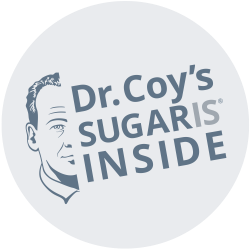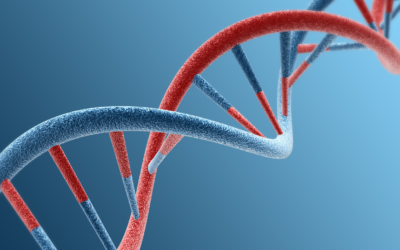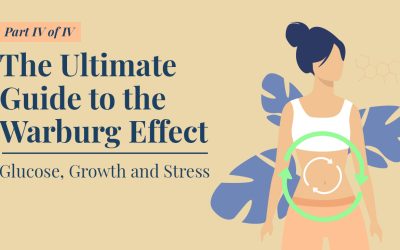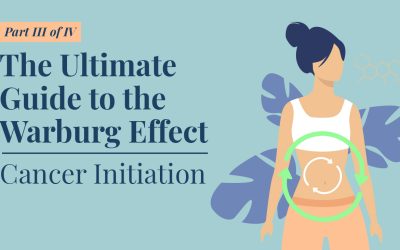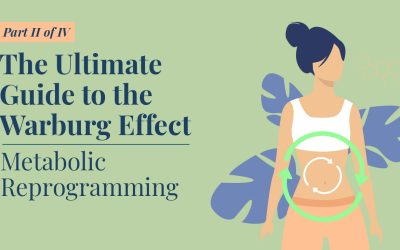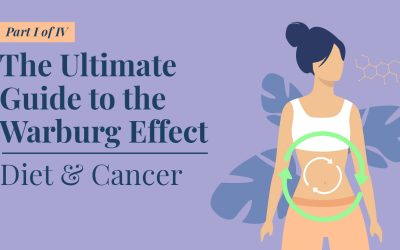Latest News

Galactose in Parenteral Nutrition: A Metabolic Rationale Worth Investigating
A recent hypothesis paper explores whether integrating galactose into parenteral nutrition, (traditionally dominated by glucose) may offer metabolic advantages, particularly for premature infants during a period of rapid development. The authors argue that current...
Galactose in Parenteral Nutrition: A Metabolic Rationale Worth Investigating
A recent hypothesis paper suggests that adding galactose to parenteral (IV) nutrition—currently based almost entirely on glucose—may offer metabolic benefits for premature infants. The authors highlight that existing IV formulations don’t mirror the natural balance of glucose and galactose found in human milk, and propose that a more milk-like carbohydrate profile could better support early development.
Unlocking TKTL1 – Part 2
TKTL1 is a special gene that emerged during the evolution of mammals. Numerous genetic changes optimized this gene, and the enzyme it created, over the course of 300 million years.
Unlocking TKTL1 – Part 1
TKTL1 is a special gene that emerged during the evolution of mammals. Numerous genetic changes optimized this gene, and the enzyme it created, over the course of 300 million years.
Train your Muscles with Sugar: Galactose’s Metabolic Capabilities
Imagine eating a chocolate bar to help train your muscles to burn energy more efficiently.
A recent study proves galactose’s ability to make our muscles more efficient. Researchers investigated how changing the type of sugar (from glucose to galactose) drastically affects the energy metabolism of our muscle cells.
The Cardiovascular Impact of Different Sugars: Galactose’s Gentle Impact on the Heart
In the ever-evolving landscape of nutritional science, researchers (and scientists such as Dr Johannes Coy) reveal nuanced details about how different sugars impact our bodies. And, importantly, how they affect our cardiovascular health.
Are Fizzy Drinks Impacting a Rise in Adolescent Obesity?
In the realm of food additives, few have stirred as much controversy and debate as aspartame. With its widespread use as a sugar substitute in over 6,000 products, from diet sodas to chewing gum, aspartame has long been a subject of scrutiny and concern.
Aspartame: how bad can it be?
In the realm of food additives, few have stirred as much controversy and debate as aspartame. With its widespread use as a sugar substitute in over 6,000 products, from diet sodas to chewing gum, aspartame has long been a subject of scrutiny and concern.
Understanding the Impact of Sucralose on Gut Health and Metabolism
Sucralose is a chemical sweetener made by adding chlorine atoms to regular table sugar. The artificial sweetener isn’t recognised, or processed, by the body, so it has a zero-calorie content.
Empowering Women with Cancer: An Interview with Caroline Justich, Founder of Be accepted
Inspirational and cancer-defying, Caroline Justich is the founder of Be accepted, Home of the smart 8, an initiative for women diagnosed with cancer. Founded in cooperation with the European Society of Radiology, the program offers a magazine and online platform focused on building a bridge between western medicine and complementary evidence-based methods to support therapy, life quality and recovery.
Glucose, Growth and Stress
For the first time Ramon Spectroscopy is allowing scientists to see inside cells and quantify exactly where energy is being used. This revolutionary technique is revealing exactly how glucose is fueling cancer growth in multiple ways.
Cancer Initiation
A remarkable new study published in the British Journal of Cancer has shown that excess glucose in the blood (known as hyperglycemia) reprograms cellular energy pathways, and changes their genetic regulation. Scientists were able to clearly demonstrate how cancerous cells are enabled by elevated glucose levels, allowing them to spread round the body and grow into more dangerous types of tumor.
Metabolic Reprogramming
A remarkable new study published in the British Journal of Cancer has shown that excess glucose in the blood (known as hyperglycemia) reprograms cellular energy pathways, and changes their genetic regulation. Scientists were able to clearly demonstrate how cancerous cells are enabled by elevated glucose levels, allowing them to spread round the body and grow into more dangerous types of tumor.
The Warburg Effect: Diet and Cancer (the latest evidence)
In 1931 Otto Warburg won a Nobel Prize for his research into tumours, and cancer cells. He discovered that healthy cells and cancer cells ‘breathe and eat’ (metabolise) very differently. Ever since his ground-breaking discovery over 90 years ago, scientists have been researching these critical metabolic differences. Thousands of scientific papers have been published to understand why, and how, cancer cells rewire their metabolism.
